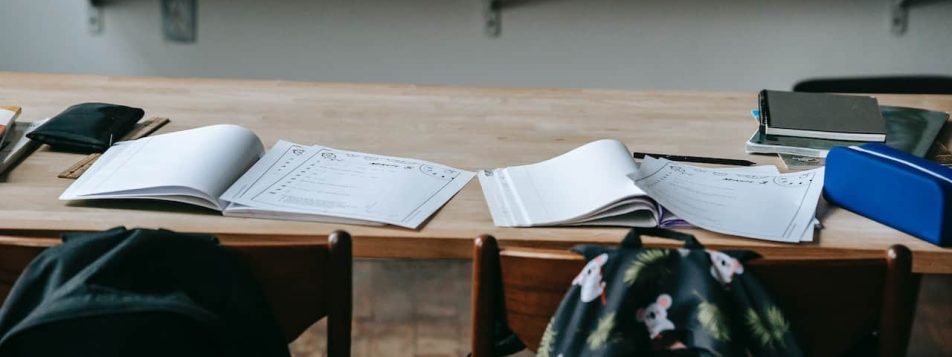As a student in a classroom, it is important to take notes effectively as the information you are learning is valuable.
However, some students find it difficult to take good notes, or when they do take notes, they find it difficult to remember what they have learned.
Not only are good notes important for learning, but they can also be helpful when taking exams. In this article, we will discuss some tips to help you take good notes in class.
Why is Note-Taking Important?
As you probably know, taking notes in class is one of the most important things that you can do to improve your learning experience.
When you take notes, you are essentially capturing the teacher’s lectures and textbook information in a structured way. This allows you to better remember the material and to apply it to your own work.
Another reason why taking notes is so important is that it allows you to interact with the material. When you are able to ask questions and engage in discussion with your classmates, you will be able to learn more effectively.
More importantly, you will also be able to retain the information that you have learned. Having good notes can also be helpful when you take exams.

How to Take Notes Effectively in Class
Here are some tips for note-taking in class, so you have better and more effective notes:
1. Use Loose-Leaf Paper and a Highlighter
When taking notes in class, it is important to have plenty of paper and the help of a highlighter. This will allow you to take notes of your class material easily and to make sure that you are not missing any important information.
Additionally, using loose-leaf paper will allow you to make changes to your notes as you go along. This will help you to better organize your thoughts and to remember the information that you have learned.
Moreover, using a highlighter will help you to highlight key points and to reference specific information.
2. Write Only What You Need to
Taking notes means that you need to be selective with what you write down.
If you are writing down everything that the teacher says, you will quickly become overwhelmed and will have difficulty remembering the information.
Instead, try to focus on only writing down the key points that are relevant to your own work. This will help you to stay focused and not get bogged down in the details.
3. Use Abbreviations
Effective students use abbreviations when taking notes in class. This allows them to write down the key points quickly and to keep the notes concise.
Additionally, using abbreviations will help you to remember the information more easily. Your study time will be well spent if you use abbreviations when taking notes in class.
4. Use Sticky Notes
Additional notes can be made to the pages of your loose-leaf paper using sticky notes. This will allow you to add additional information or to highlight specific points.
You can also use sticky notes to make changes to your original notes. This will help you to keep track of your progress and to make sure that you are understanding the material.
5. Share with Your Classmates
Having fellow students to share notes with can be very helpful. This will help you to get feedback and to build relationships with your classmates.
Additionally, collaborative note-taking can help you to learn more effectively. When you are able to share your ideas and thoughts with your classmates, you will be able to improve your understanding of the material.
6. Ask Questions
If you are struggling to understand a particular point, it is important to ask your teacher for clarification.
When you ask questions, you are showing that you are interested in the material and that you want to learn more.
Your teacher will also appreciate your efforts and may provide you with additional information. Then your study sessions will also be more productive later on.
7. Separate Each Note for Each Class
An organised student is a successful student. When taking class notes, it is important to separate your notes for each class.
This will help you to keep track of the information that you have learned and to make sure that you are not missing anything.
Additionally, this will help you to focus on the material that is specific to each class.
8. Imperfection is Fine
Remember that taking good notes in class is a process. There is no need to worry about being perfect. Instead, focus on taking notes efficiently and on learning as much as you can.
When you are able to take good notes, you will be able to better understand the material that you are studying, and you will be able to retain the information for longer periods of time.
Final Thoughts
Taking notes in class is an important part of the learning process. By following these 8 tips, you will be able to take effective notes and to better understand the material that you are studying.
With practice and dedication, you will be able to master the art of note-taking and become a successful student.
Cudy strives to assist students in achieving their academic objectives. When you register on Cudy as a student, you will be able to learn from the best tutors online. Based on your place, the course you’re taking, and the subjects you need help with, you’ll have the simplest time finding a tutor.






